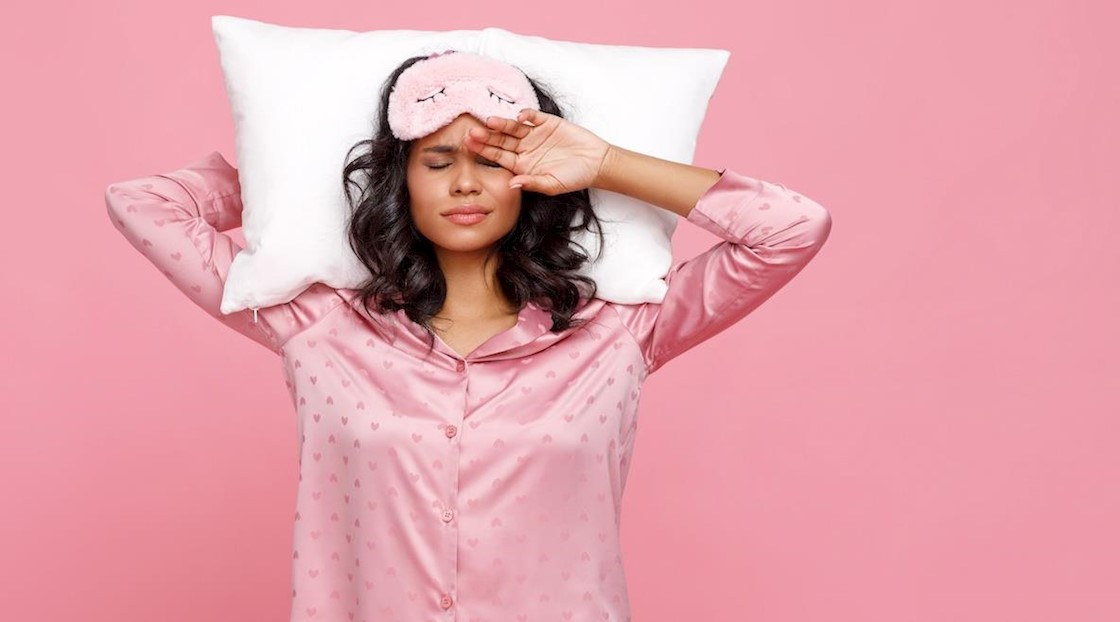Table of Contents
Introduction
If you think that a lack of sleep has no effect on your skin, think again. Sleep deprivation can lead to wide-ranging effects on different parts of the body, including the skin. Just one night without enough sleep will affect how your skin looks and feels. Sleep and skin health are directly related.

Although you may get enough sleep to function on a daily basis, you may not be getting enough of the right type of sleep. The quality of your shut-eye is important, as well as the length. Sleep is not just a 24/7 period of unconsciousness between when you go to bed and when you wake up. The amount and quality of your sleep have effects on how your body functions, affecting all aspects of your health, including the appearance and health of your skin. Here is how lack of sleep affects how your skin looks:
Moisture Depletion
Skin cells can get damaged without enough hydration during the night. Water is essential for maintaining skin health and function. Results of a study conducted by the National Sleep Foundation show that fewer people reported consistent levels of sleepiness when they received an adequate amount of sleep. When researchers measured the skin’s moisture level, participants who slept more were healthier looking.
Damage Control
Stress can leave you feeling run-down and can take a toll on your complexion, making it dull and dry. Too little sleep causes the body to produce higher levels of stress hormones that over time wear on the appearance of skin. Lack of sleep also makes you more susceptible to illness, which may cause skin problems such as breakouts or rashes. Eating bananas before bed will help you sleep better.
Dryness And Irritation
If you have eczema or atopic dermatitis, getting a good night’s rest is crucial for controlling flare-ups and keeping dry, itchy skin at bay. People who are dealing with acne also heal better and faster from blemishes when they get enough sleep. Dry skin can lead to a number of skin conditions such as eczema, rosacea and dermatitis.
Wrinkles
Sleep deprivation increases signs of aging by causing fine lines and wrinkles on the face. The enzymes that break down collagen are increased when you don’t get enough rest, resulting in more sagging skin that can lead to more wrinkles over time.
Dark Circles And Bags
One of the major signs of sleep deprivation is dark circles under the eyes, which can make you look haggard. The decrease in oxygen and increase in carbon dioxide that occurs when you don’t get enough sleep leads to this condition. Sleep deprivation also leaves darker bags below your eyes due to lack of hydration and increased fluid retention, making you look older and more tired than you are.
Pain
Lack of sleep affects how your body reacts to pain, which can make certain medical conditions worse. If you have arthritis or are in pain from an injury, getting enough rest can help. If you have arthritis but don’t get enough sleep, it can make it more difficult to move and function during the day.
Dry Skin
Some people believe that having dry skin is an indicator of a healthy lifestyle. However, some people may have dry skin for reasons other than a healthy diet or lifestyle. In the winter, cracking and flaking in the bathtub can be caused by lack of moisture in your skin. Dehydration also leads to dry, scaling skin on your legs and arms.
Improves Cell Communication
Lack of sleep increases the amount of time cells spend resting, which causes slower metabolism. Slower metabolism is linked to increased risk of obesity, diabetes, heart disease and high blood pressure as well as increased cancer risk. Sleep also improves the function of some body systems such as your immune system and nervous system
Helps You Gain Weight
Sleep increases leptin levels that increase appetite and decrease appetite-related hormones. When you are sleeping enough, leptin levels are higher than when you are sleep-deprived. In other words, lack of sleep makes you eat more! There is a direct connection between lack of sleep and gaining weight.
Mood Swings
Studies of women during and after pregnancy have shown similar results. Pregnant women who sleep less than six hours a night are more likely to have postpartum mood swings. Sleeping less than six hours per night for four weeks can raise the risk of developing mood swings after giving birth by as much as 10 percent. Pregnant women in their third trimesters who slept less had higher levels of depression in the postpartum months than those who slept longer.
Nightly Skin Care Regimens
Although morning routines are most important, nighttime routines are also essential for healthy skin. If you don’t take care of your skin while you sleep, your body won’t reap the benefits of well-maintained skin. One study showed that those with more disciplined morning and evening routines had better looking skin than those who didn’t use their routines in both the morning and the evening. Also have a plant in your bedroom because plants are good for your health.
Conclusion
The results of your skin’s daily wear-and-tear is what causes your skin to appear old and haggard when you don’t get enough sleep. Not getting enough hours in bed can increase the accumulation of damage caused by oxidative stress and inflammation on your skin, which are exacerbated by higher levels of stress hormones, blood sugar levels and lack of oxygen in your body when you don’t get enough rest.
Eating a diet rich in whole grains and fresh fruits and vegetables will help keep your skin healthier as well. Look for foods high in antioxidants such as berries, tomatoes, bananas, green tea and watermelon. Eating healthy fats will also help boost your skin’s health such as those found in fish like salmon and mackerel.
You must be logged in to post a comment.